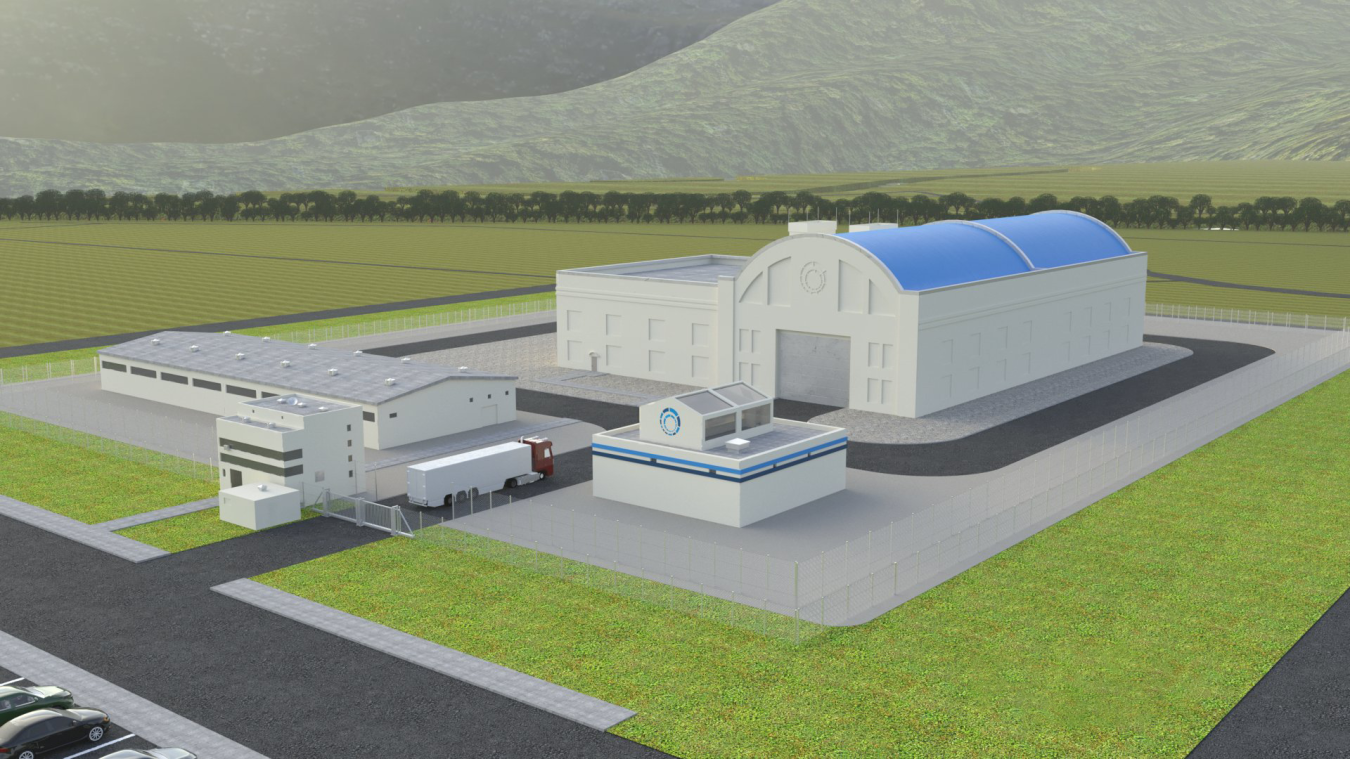Draft safety evaluation report documents NRC’s review of the company’s source term calculation approach.
November 22, 2021

The U.S. Nuclear Regulatory Commission (NRC) recently issued a draft safety evaluation report indicating initial acceptance of Kairos Power’s source term methodology for its Kairos Power fluoride salt-cooled high temperature reactor (KP-FHR).
Kairos Power submitted a topical report back in June 2020, which details the company’s approach to calculating the amount of radioactive material that could be released to the environment during an accident. The topical report is the first of its kind to be reviewed by the NRC and helps reduce the risk of licensing and deploying the company’s next-gen reactor. The US-based company successfully developed the method through a cost-shared award from the U.S. Department of Energy.
The draft safety evaluation report documents NRC’s review of the company’s source term calculation approach. If approved, a final safety evaluation report could be issued by February 2022 to utilize throughout the licensing process.
“This accomplishment strengthens our team’s extensive pre-application engagement with the NRC and builds licensing certainty for our advanced reactor technology,” said Mike Laufer, co-founder and CEO of Kairos Power. “In combination with our iterative hardware demonstrations, our licensing engagement contributes to the cost certainty that will be necessary for commercial demonstration and deployment.”
Kairos Power is developing a fluoride salt-cooled, high temperature reactor that leverages robust TRISO fuel, which was first developed by DOE in the 1960s. Research by Idaho National Laboratory has indicated that the source term for TRISO-based fuel is significantly less than traditional fuels, which further reinforces the enhanced safety and operation of the company’s reactor design as it continues with the pre-licensing phase of the NRC process.
To date, Kairos Power has submitted 14 technical and topical reports to the NRC, with five topical reports now approved. The company is also in the process of licensing Hermes—a low-power demonstration reactor that Kairos expects will be operational by 2026 in East Tennessee and will support technology development for the KP-FHR. DOE is supporting the technology development, construction, and commissioning of Hermes through its Advanced Reactor Demonstration Program award.
KP-FHR technology is based, in part, on a DOE-sponsored university Integrated Research Project led by MIT for fluoride salt-cooled high temperature reactors. Kairos Power is actively collaborating with DOE national laboratories in over nine projects supported in part by DOE funding. The commercial version of the KP-FHR is expected to be deployed in the 2030s.
Explore more awardees and projects supported by DOE’s industry funding opportunity accelerate the development and deployment of promising advanced nuclear technologies.

